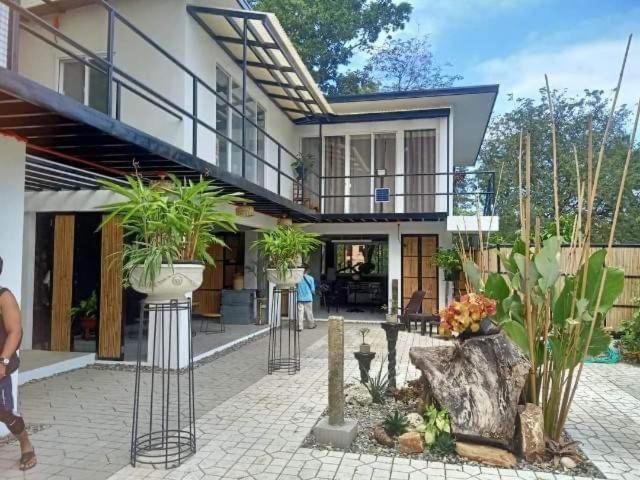Singapore’s real estate market has long been influenced by the dynamic interplay between economic forces and government policies. In recent years, the city-state has experienced significant fluctuations in property prices, and much of this volatility can be attributed to the various policies implemented by the government. This article delves into the intricate relationship between government interventions and the ever-changing landscape of Singapore’s real estate market.
Understanding the Government’s Role
Singapore’s government has a multifaceted role in shaping the real estate sector. From controlling land supply to implementing measures aimed at curbing speculation, policymakers play a crucial part in maintaining stability and sustainability in the property market. The primary objective is to strike a delicate balance between fostering economic growth and preventing the formation of property bubbles.
Land-Use Policies and Urban Planning
One of the key ways the government influences real estate prices is through land-use policies and urban planning. Singapore, with its limited land area, faces the challenge of optimizing space for residential, commercial, and industrial purposes. The allocation of land for different uses directly impacts the supply and demand dynamics in the real estate market.
In recent years, the government has focused on intensifying land use, encouraging higher-density developments, and promoting mixed-use projects. These measures aim to maximize land efficiency, but they also have a direct impact on property prices, especially in sought-after districts.
Cooling Measures and Market Stability
To prevent speculative bubbles and maintain market stability, the Singaporean government has implemented a series of cooling measures over the years. These measures include stamp duties, loan-to-value ratios, and seller’s stamp duties, all designed to deter excessive speculation and curb rapid price increases.
While these measures are essential for preventing market overheating, they also have consequences for genuine homebuyers. Striking the right balance between market stability and affordability is an ongoing challenge for policymakers.
Foreign Investment and Property Ownership
Government policies also play a crucial role in regulating foreign investment in Singapore’s real estate market. Over the years, measures have been introduced to control the influx of foreign capital and prevent it from distorting the local property market. Additional stamp duties and restrictions on foreign ownership are some of the tools used to achieve this.
These policies aim to ensure that Singaporeans have fair access to housing opportunities and that the real estate market remains resilient to external economic fluctuations. However, they also need to consider the potential impact on overall market liquidity and attractiveness to international investors.
The Shift Towards Sustainable Development
In recent years, there has been a noticeable shift in government policies towards promoting sustainable and environmentally friendly development in the real estate sector. Green building initiatives, energy-efficient designs, and sustainable urban planning are now integral components of the government’s vision for the future.

While these policies contribute to a more sustainable and resilient real estate market, they also introduce new challenges for developers and investors. Striking a balance between sustainability and economic viability is crucial for the long-term success of the real estate sector.
Conclusion: Navigating the Future of Singapore’s Real Estate
In conclusion, the impact of government policies on Singapore’s real estate prices is profound and multifaceted. From shaping land-use policies to implementing measures for market stability and sustainability, the government plays a pivotal role in the dynamics of the real estate market. If you want to find great tips and information about the impact of government policies on Singapore real estate prices, you can find here!
As Singapore continues to evolve, so too will the government’s approach to real estate. Balancing the needs of the present with a forward-looking vision for the future is a delicate task. The real estate sector, in turn, must adapt to these changes, embracing innovation, sustainability, and a commitment to providing housing opportunities for all.


